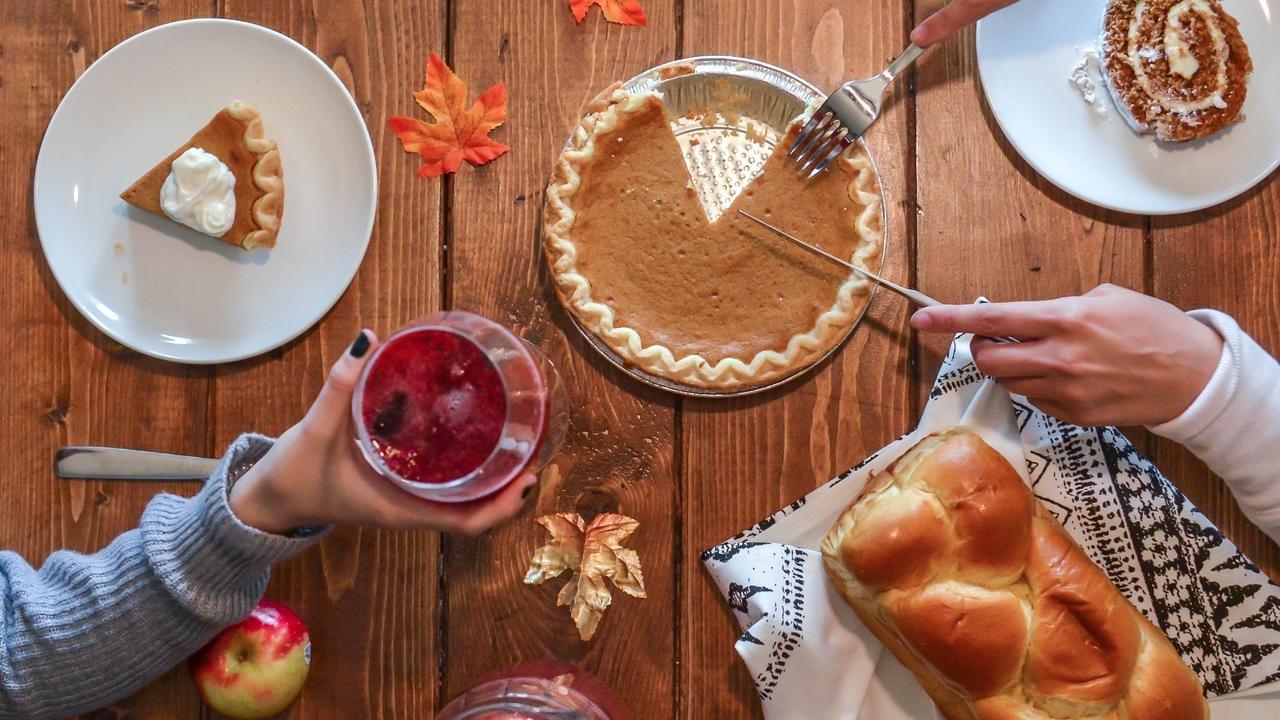3 Tips for Eliminating Drama During a Covid-19 Pandemic Thanksgiving

It’s Thanksgiving (the good news)!
Covid-19 rates are peaking (the bad news).
And that means that all the drama we normally experience at Thanksgiving -- the strange political discussions or the arguments over whether the stuffing should be gluten-free -- now includes all sorts of new emotionally explosive questions.
Questions like:
- "Do we still try to eat a turkey dinner together but just do it outside in the freezing cold, huddled around a patio heater?"
- "Isn't there some way to eat with a mask on?"
- "Do we just do this and quarantine for 14 days after?"
- "Can I finally just eat a dinner exclusively of pumpkin pie?"
The fact is that Thanksgiving has always been stressful. It's a time when our ordinary ability to manage and control the flow of life events is usurped by parents, in-laws, siblings, aunts and uncles, and other relatives.
But now it's even more stressful. Because this year we're not just arguing over the merits of drenching your turkey in cranberry sauce. In many families, we're now debating how much life or death risk we're willing to take both as individuals and as a family.
So how can you and your partner navigate the complexity of a pandemic Thanksgiving without turning against each other?
Tools
1. Set clear priorities.
One of our favorite quotes comes from Greg McKeown, author of Essentialism. He tells us, “If you don’t prioritize your life, someone else will." Nowhere is this truer than a holiday like Thanksgiving. If you don’t get clear on your priorities for time with each other, time with your kids, and your risk threshold for gatherings with family, you can bet that all sorts of marital outsiders will be happy to do it for you. They’ll schedule events that may be far outside your comfort zone. They'll set up zoom calls, meals, and leave you wondering, “what happened to time for each other? What happened to time for myself?”
2. Set clear boundaries.
We like to say that priorities are your “yes" to life. Boundaries, on the other hand, are your “no." If your priority is to avoid indoor gatherings with multiple families, for example, you may have to set numerous boundaries to make sure you don't end up at a mask-free Thanksgiving blowout. You may have to say "no" to people who desperately want you to join the rest of the family. Setting boundaries like these is never easy. It’s often hard. But often saying “no" is the best thing you can do to live out your top priorities.
3. Gratitude, gratitude, gratitude.
During Thanksgiving weekend, Nate‘s grandmother Hilda, who lived to 97-years-old, used to remind us, “Be grateful for what you already have, not what you wish you had.“
This is Thanksgiving. So it only makes sense that the final practice for shifting out of Thanksgiving drama is gratitude. Whatever you choose to do to celebrate the holiday, start at least a few of your meals by going around the table and asking, “what are you grateful for?” Let this simple practice shift your attention from family-induced drama and irritation to what this holiday is really about: a deep sense of gratitude for the blessings we have.
Want more of these life tools delivered to your inbox?
Sign up for the Klemp Insights Newsletter.

